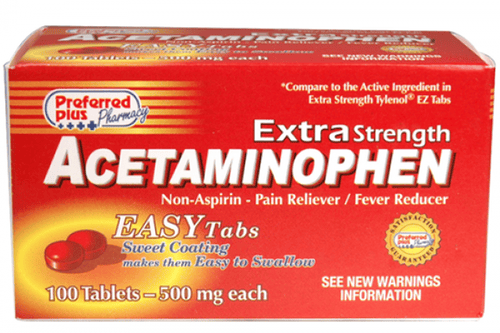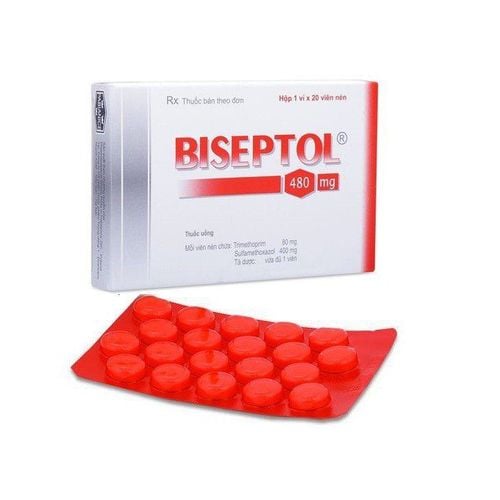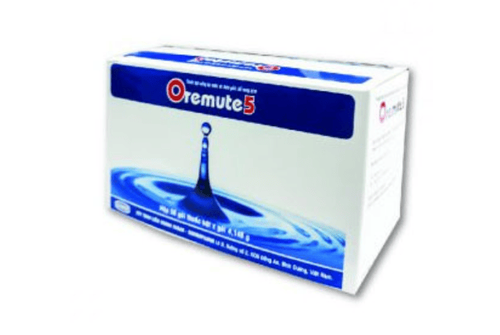This is an automatically translated article.
Posted by Master, Doctor Mai Vien Phuong - Gastrointestinal Endoscopy - Department of Medical Examination & Internal Medicine - Vinmec Central Park International General Hospital
Abdominal pain and diarrhea while traveling is a common occurrence for many people. The cause can come largely from objective factors and the patient himself. So when you have diarrhea, abdominal pain while traveling, what should you do?
1. What is traveler's diarrhea?
Traveler's diarrhea is a disorder of the gastrointestinal tract, consisting of abdominal cramps and diarrhea usually caused by consuming food or water with which the body is not familiar.
If you are visiting an area where sanitation procedures or climates are different from what you are used to at home, you are more likely to have traveler's diarrhea. It is common for travelers to experience diarrhea when visiting the following places:
Mexico Central America South America Africa Middle East Most of Asia (except Japan) It can be caused by bacteria, viruses or parasites cause. Traveler's diarrhea usually goes away on its own within a few days, which can cause dangerous dehydration, especially for children. In particular, this condition is often contagious and is passed from person to person regardless of the cause.
2. What factors increase the risk of traveler's diarrhea?
There are many factors that can increase the risk of defecation, including:
Young people: lack of acquired immunity, often more comfortable in choosing places to visit and eat, less vigilant about food contaminated. Immunocompromised people: more susceptible to infection. Patients with diabetes or inflammatory bowel disease. Patients taking antacids or antacids. Acid in the stomach tends to kill microorganisms, so reducing the amount of stomach acid makes it easier to get infections. Travel in certain seasons: for example, risk is highest in South Asia during the hot months, before the rainy season.

3. What are the symptoms of traveler's diarrhea?
Watery, watery stools and abdominal cramps are the most common symptoms you will experience with traveller's diarrhea. Other symptoms may depend on the cause of the condition. Symptoms usually include:
Nausea Vomiting Fever Bloating Abdominal bloating Loss of appetite Urgent need to go to the bathroom These symptoms are all normal. However, there are some symptoms that indicate it's time to see a doctor. These include:
Severe, unbearable pain in the abdomen or rectum Bloody stools Vomiting continuously for more than four hours, resulting in an inability to keep fluids down Fever higher than 102 ̊F (39 ̊C) Symptoms disappear country
4. How is traveler's diarrhea diagnosed?
If your traveler's diarrhea doesn't clear up within three days or your symptoms get worse, make an appointment with your doctor. At your appointment, let your doctor know that you have recently traveled, and he or she will perform a physical exam that includes taking your temperature and pressing on your abdomen. They will likely order stool tests to look for evidence of parasites and order blood tests to check for infection. Blood tests can also detect if you are dehydrated.

5. Can traveler's diarrhea cause complications?
The most common complication of traveler's diarrhea is dehydration. This is usually very serious. Dehydration can easily occur when diarrhea causes the body to lose fluid at a faster rate than it can absorb. Vomiting and nausea, sometimes accompanied by diarrhea, can make this worse. Dehydration is especially dangerous for young children. Symptoms of dehydration include:
Dry mouth Increased thirst Decreased urine output Headache Dizziness Dry skin Confusion Traveler's diarrhea caused by a parasitic infection usually needs to be treated with medication, otherwise the infection infection may become more severe. Parasitic infections can cause: Convulsions, fever, allergic reactions, bacterial infections
6. How to treat traveler's diarrhea?
Treatment will depend on the cause of the diarrhea. The first line of defense is often home remedies and over-the-counter (OTC) treatments to deal with mild cases of the disease. When you have diarrhea while traveling, avoid caffeine and alcohol, which can increase dehydration. However, continue to drink other fluids as much as possible to prevent dehydration.
Try to eat bland foods that you know have a low risk of contamination and that your body is used to.
Toast Broth Crackers White Rice Apples (wash with filtered water) Bananas If you're traveling, it's a good idea to bring OTC medications to prevent diarrhea while traveling. Bismuth subsalicylate (Pepto-Bismol) may be effective for treating mild cases of traveler's diarrhea. Use the medicine according to the directions on the box.
Helpful anti-inflammatory agents like Imodium can also be used but should be reserved for emergencies, such as flying, this can prolong the illness by not allowing your body to get rid of the stools. .

7. Treatments prescribed by a doctor
If home remedies do not work, the doctor will prescribe treatment based on the cause of the disease. If you have a bacterial infection, they will prescribe an antibiotic such as doxycycline (Acticlate) or ciproflaxin (Cipro).
If you have parasites, your doctor will prescribe an oral antiparasitic medication. The exact prescription will depend on the type of parasitic infection you have. It may be necessary to take several courses of anti-parasitic medication to make sure the infection is completely out of your system. If your traveler's diarrhea is causing dehydration, you'll be given intravenous fluids containing glucose or electrolytes.
Traveler's diarrhea usually resolves within two to three days, but even mild cases can last up to seven days. This condition may resolve more quickly with treatment. While recovering, take special care to avoid any contaminated food or water. This will speed healing and prevent repeated exposure or exposure.
8. How to prevent traveler's diarrhea?
The best way to prevent traveler's diarrhea is to practice careful hygiene and choose water and food carefully. When visiting high-risk countries, water that is not disinfected is not recommended. This includes: iced drinks made with local water, juices with added water, brushing your teeth or rinsing your mouth with tap water. Try to drink bottled water. If that's not an option at all, boil the water for at least three minutes.
To prevent traveler's diarrhea from developing, you should:
Avoid eating food from street vendors. Be aware of eating fruit washed in contaminated water. Avoid unpasteurized dairy products, even ice cream. Eat food that is thoroughly cooked and served hot. Avoid moist foods or store at room temperature. Wash your hands often, especially before eating and touching your face. Do not let your child put anything, including his hands in his mouth. Use an alcohol-based hand sanitizer that contains at least 60% alcohol if you don't have access to clean water. Diarrhea while traveling not only affects your health but also disrupts your activities and fun. Therefore, be careful in the matter of eating and living, especially if you are a person with a poor digestive system before traveling, you should visit your doctor for advice and appropriate indications.
Gastrointestinal Endoscopy - Vinmec International General Hospital is currently a quality medical care address that customers can completely trust to visit when having problems with diarrhea, abdominal pain, digestion. ... Through the examination process, the doctor will find out the cause and give appropriate advice to the current health status of the customer. The examination process at the hospital is carried out according to international standards with the support of medical staff and doctors with many years of experience. Therefore, customers can completely trust the quality of service and medical care at the hospital.
Please dial HOTLINE for more information or register for an appointment HERE. Download MyVinmec app to make appointments faster and to manage your bookings easily.
References
Boyce TG. (n.d.). Traveler's diarrhea.
merckmanuals.com/home/digestive-disorders/gastroenteritis/traveler%E2%80%99s-diarrhea
Mayo Clinic Staff. (2016). Traveler's diarrhea: Symptoms and causes.
mayoclinic.org/diseases-conditions/travelers-diarrhea/symptoms-causes/syc-20352182
Traveler's diarrhea. (2016).
travel.gc.ca/travelling/health-safety/diseases/diarrhea














